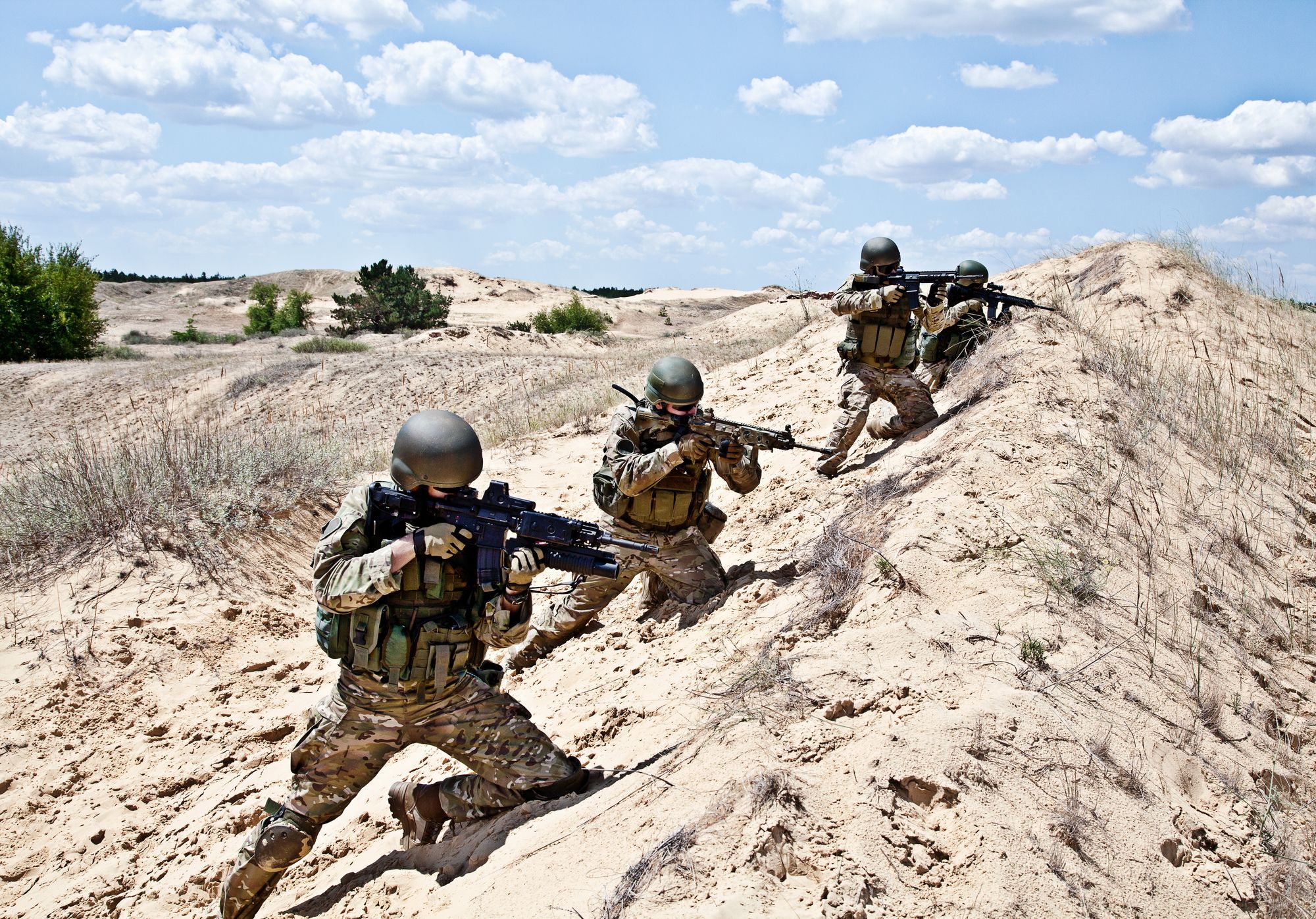Top Class Actions’s website and social media posts use affiliate links. If you make a purchase using such links, we may receive a commission, but it will not result in any additional charges to you. Please review our Affiliate Link Disclosure for more information.

The Department of Defense has determined that many of these explosive devices that killed soldiers were supplied by the country of Iran. If an American was injured in such an attack, federal law states that an anti-terrorism lawsuit can be filed against the financial institutions that supplied funds to groups supporting IED and EFP explosions.
An IED is an improvised explosive device. IEDs are commonly used for roadside bombs and were used to a great degree in the wars in Iraq and Afghanistan. In fact, IEDs were the causes of 63% of deaths on the coalition side in the Iraq war and 66% of coalition deaths in Afghanistan.
An EFP, or explosively formed penetrator, is very lethal. These bombs are difficult to locate and provide explosions that penetrate armor.
Recently, a group of 200 veterans and family members of the Iraq and Afghanistan wars have banded together to file an anti-terrorism bank lawsuit. This anti-terrorism bank lawsuit is against six international banks, according to Fox News, who allegedly allowed millions of dollars to be transferred to terrorist and militant groups attacking and killing United States soldiers.
Fox News reports that this anti-terrorism bank lawsuit accuses these six banks of helping Iran move billions of dollars through the American financial system. This money, allegedly, found its way into the hands of Hezbollah and Iran’s Revolutionary Guard Corps.
The six banks named in this anti-terrorism bank lawsuit are HSBC, Barclays, Standard Chartered, Royal Bank of Scotland, Credit Suisse and Bank of Saderat Iran.
Many horrifying accounts of terrorist attacks are outlined in this anti-terrorism bank lawsuit. One such attack took place about 30 miles south of Baghdad in which five Americans were killed. Terrorists backed by Iran’s Qods Force opened fire and threw grenades at both the U.S. and Iraqi soldiers.
This anti-terrorism bank lawsuit alleges that between 2003 and 2011, terrorist groups funded by Iran planned, funded and executed multiple hundreds of terrorist attacks in Iraq. Hundreds of civilians and military personnel were killed and wounded as a result.
The plaintiffs in this anti-terrorism bank lawsuit are asking for a jury trial and damages in an unspecified amount.
Already, other banks, including Barclay’s, have paid millions of dollars in order to resolve other similar claims. Five hundred million dollars was paid by Barclay’s to avoid an anti-terrorism bank lawsuit claiming that it funded countries affected by U.S. sanctions including Iran, Cuba, Libya and Sudan.
Under federal law, a conspirator to terrorism may be sued by those who have been affected or injured by the terrorist act. Also under federal law, Americans injured in such attacks have the right to file IED lawsuits against Iran and banks that supported the state sponsor of terrorism.
If you or a family member has been injured by an IED, EFP or other attack while fighting in Iraq or Afghanistan, you may benefit from speaking with an attorney to determine whether you are eligible to file an anti-terrorism bank lawsuit.
If you or a loved one was injured or killed by an IED or EFP while fighting in the Iraq or Afghanistan wars, legal recourse is available. Get help now by filling out the form on this page for a FREE case evaluation.
The attorneys who work with Top Class Actions will contact you if you qualify to let you know if an individual lawsuit or anti-terrorist class action lawsuit is best for you. (In general, anti-terrorist lawsuits are filed individually by each plaintiff and are not class actions.) After you fill out the form, the attorneys who work with Top Class Actions will contact you if you qualify to let you know if an individual lawsuit or class action lawsuit is best for you. Hurry — statutes of limitations may apply.
ATTORNEY ADVERTISING
Top Class Actions is a Proud Member of the American Bar Association
LEGAL INFORMATION IS NOT LEGAL ADVICE
Top Class Actions Legal Statement
©2008 – 2024 Top Class Actions® LLC
Various Trademarks held by their respective owners
This website is not intended for viewing or usage by European Union citizens.
Get Help – It’s Free
Join a Free Iranian IED, EFP Lawsuit Investigation
If you qualify, an attorney will contact you to discuss the details of your potential case at no charge to you.
Please Note: If you want to participate in this investigation, it is imperative that you reply to the law firm if they call or email you. Failing to do so may result in you not getting signed up as a client, if you potentially qualify, or getting you dropped as a client.
Email any problems with this form to questions@topclassactions.com.
Oops! We could not locate your form.












